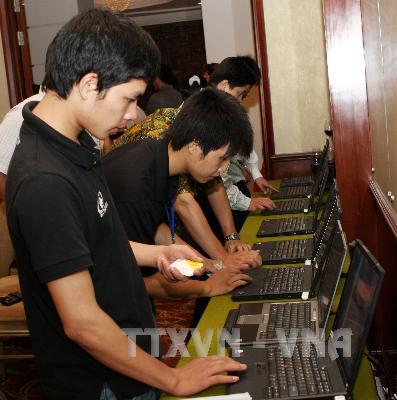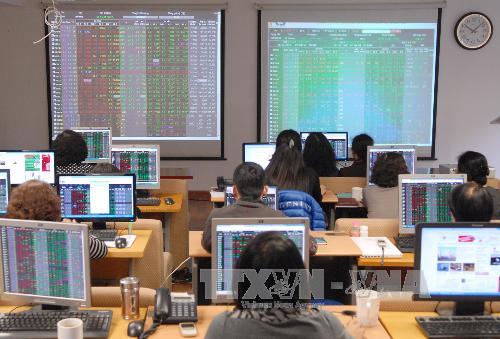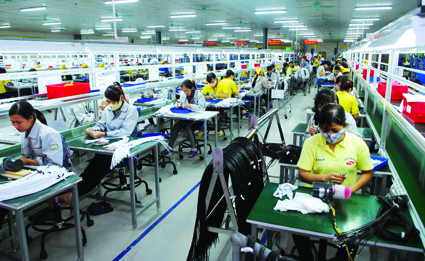The Ministry of Finance (MOF) is gathering public comments on a draft law on import duty, export duty and safeguard measures, which is designed to replace the 2005 Law on Import Duty and Export Duty and the 2004 Ordinance on Safeguards, Anti-Dumping and Anti-Subsidies against Goods Imported into Vietnam.
Under the 25-article draft law, anti-dumping and anti-subsidy duty would be imposed against dumped or subsidized goods which are imported into the country, causing or threatening to cause considerable harms to domestic production. Meanwhile, protective tariffs would be applied upon the excessive importation of certain types of goods into Vietnam, causing serious harms to domestic production.
Unlike the 2005 Law, the draft law does not specify tariff schedules on imports and exports but just provides the minimum export duty rate for a number of dutiable commodity groups.
As informed by the MOF, Vietnam has basically fulfilled its WTO commitments to cut tariffs on imports. The country has also concluded 10 bilateral and multilateral free trade agreements under which the import duty rate of zero percent will apply to roughly 90 percent of the total tariff lines. Therefore, the promulgation of a tariff schedule on imports would no longer be needed.
As for export duty, Vietnam is still in negotiation with partners on a number of dutiable items. Hence, it is necessary to provide the minimum export duty rate for these items so as to regulate state budget revenues while meeting requirements of economic integration on the principle of reciprocity.
The draft also adds new provisions on tax incentives.
Article 11 stipulates that hi-tech enterprises and science and technology enterprises and organizations would be exempt from import duty on raw materials, supplies and components which cannot be produced at home for the first five years of operation. However, import duty exemption would not be offered to mining projects and projects to produce excise tax-liable goods or provide excise tax-liable services.
Import duty exemption would also be given for domestically unavailable materials, supplies and components which are imported to produce or assemble medical equipment for research and manufacturing; goods imported for consumption in islands with extremely difficult socio-economic conditions or of great security, national defense or political importance; and offshore fishing equipment.
As for materials and supplies imported for export production, the draft law says they would be exempt from import duty. In other words, importers would no longer be required to carry out procedures for payment of import duty upon import and for duty refund upon export as at present.-






